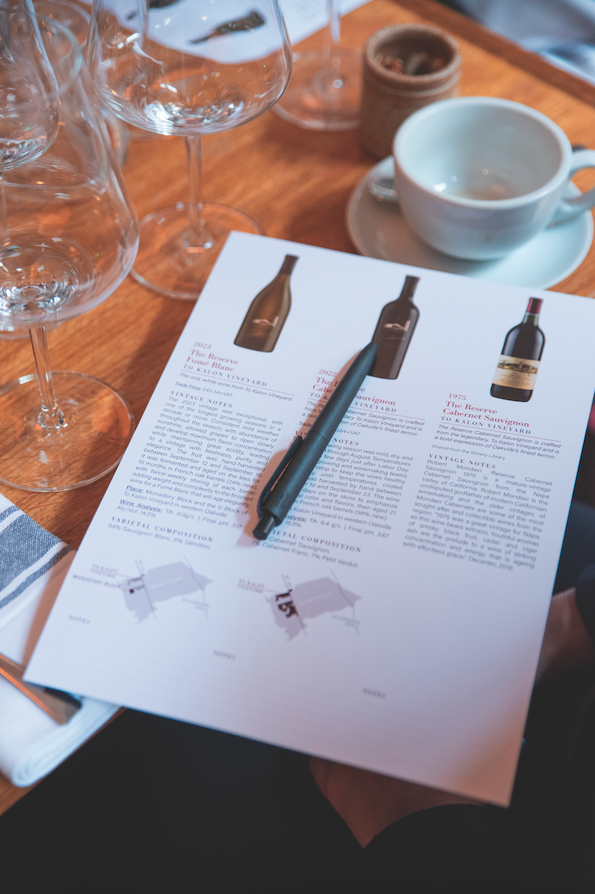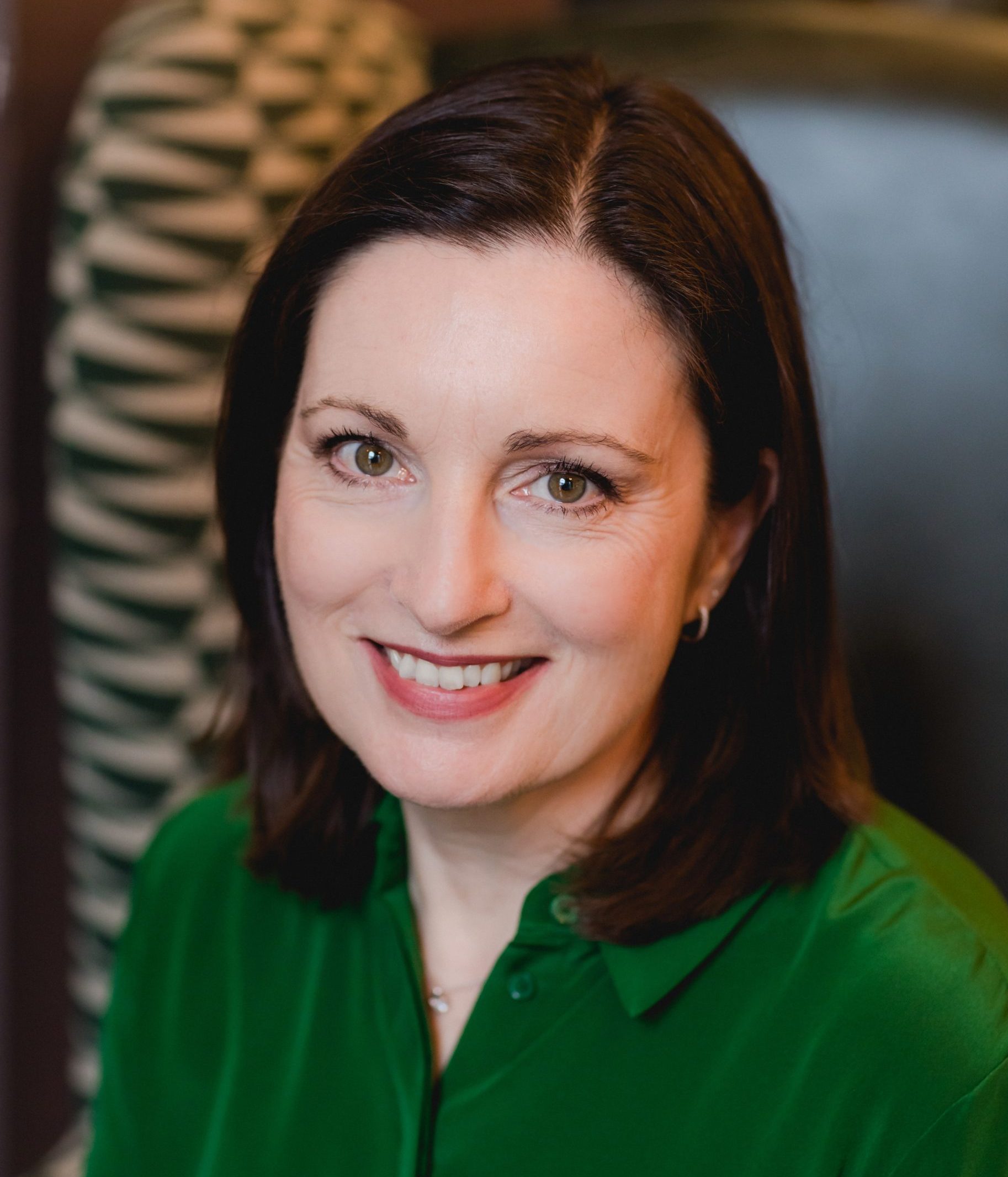Who were the ‘winners’ in the 2022 en primeur campaign?
With the dust settling on the 2022 en primeur campaign, and the post-mortems now underway, which producers judged it right, and who missed the mark?

According to its post-en primeur report from fine wine investment company WineCap noted that although the Bordeaux 2022 vintage “failed to reverse the declining sentiment for en Primeur”, due to high release prices amid the context of older vintages on the secondary offering better value, it did note that “some wines managed to offer value and were met with high demand upon release”.
As Pierre Olivier Clouet of Château Cheval Blanc pointed out, the release price depends on many things but are in fact, “very simple” in terms of mathematics, taking into account the quality of the vintage, the economic context in the world, and the price of new vintages available on the market.
“En Primeur should be forever the lowest price you can find in your bottle. If you purchase later, it’s going to be more difficult to find and it’s going to be more expensive. So the rules are very simple,” he told WineCap.
The company pointed to to Château Cheval Blanc in Saint-Émilion, Château Beychevelle, and Château Lafleur, as good examples of those whose strategy bore fruit. In its own report, Liv-ex also highlighted the success of Château Cheval Blanc, due to both its early release date as well as a clever pricing strategy that, despite including an above-average price increase of 21.5% on last year’s release, it was still priced 23% below what the ‘fair value’ line, making it a good vintage to buy.
Essentially, the wines should offer “value compared to physically available back vintages”, WineCap agreed, rather than purely resting on quality or critic’s scores. This it noted, was something that the wisest (and often better-selling) brands seem to have taken into account.
It singled out “collectors’ favourite” Château Les Carmes Haut-Brion, which scored more highly than Ausone, Haut-Brion, Lafite Rothschild, Margaux, Mission Haut-Brion and Le Pin as one of these. The chateau’s index index has risen 41% over the last five years, it noted, “making it one of the best-performing Bordeaux properties”.
“At a quarter of the price of a First Growth, and half the price of wines like Léoville-Las Cases and Palmer, the wine has demonstrated considerable potential for continued appreciation,” it said.
Partner Content
Others winners of the campaign included Chateau Beychevelle, which, although 18.4% higher than last year’s release, compares favourably with its own back vintages, WineCap said, representing “one of the cheapest offerings in the market today”, with only the lower scoring 2021 costing less. As Philippe Blanc of Château Beychevelle said in the report, “our golden rule is, the en primeur price is the cheapest you can get.” And Beychevelle has seen prices rise 6% in the last year, on average, 24% over the last three years, and 68% over the past decade.
Similarly, the 2022 Carruades de Lafite was the least expensive Carruades on the market today, despite a 12.5% increase on the 2021 release price, at €180 per bottle ex-négociant. Following its release on the secondary market, the wine had traded at a premium of 21.2%, WineCap noted, and from an investment perspective, Carruades de Lafite prices have risen 22% over the last five years, or 63% in the last decade.
Other successful releases, which sold out upon offer, included Château Lafleur and Château Brane-Cantenac among the First Growths.
According to Wine Cap, Château Lafleur has been “offering considerable value in the high-rolling world of Pomerol” for a number of years, rising only 8.9% on the 2021 release price, although its £7,440 per 12×75 to the international trade, represented a a 14.3% increase on the 2021 release. However, even since the release, the wine has seen “a significant price growth” on the secondary market. WineCap points out that on average, Lafleur prices have risen 38% in the last five years, and 83% in the last ten, “making it an attractive investment”.
Related news
Strong peak trading to boost Naked Wines' year profitability




